When it comes to professional cooking, understanding the tools in your kitchen is equally as important as mastering techniques. One such tool is the non reactive saucepan. But what is a non reactive saucepan and why should kitchen professionals prioritize it? This article dives deep into the intricacies of non reactive saucepans, exploring their benefits, uses, and characteristics.
A non reactive saucepan is specifically designed to prevent any chemical reactions with acidic or alkaline foods. As a kitchen professional, you may often find yourself using various materials to cook and store ingredients, and choosing the right tools can make a significant difference in flavor and quality.
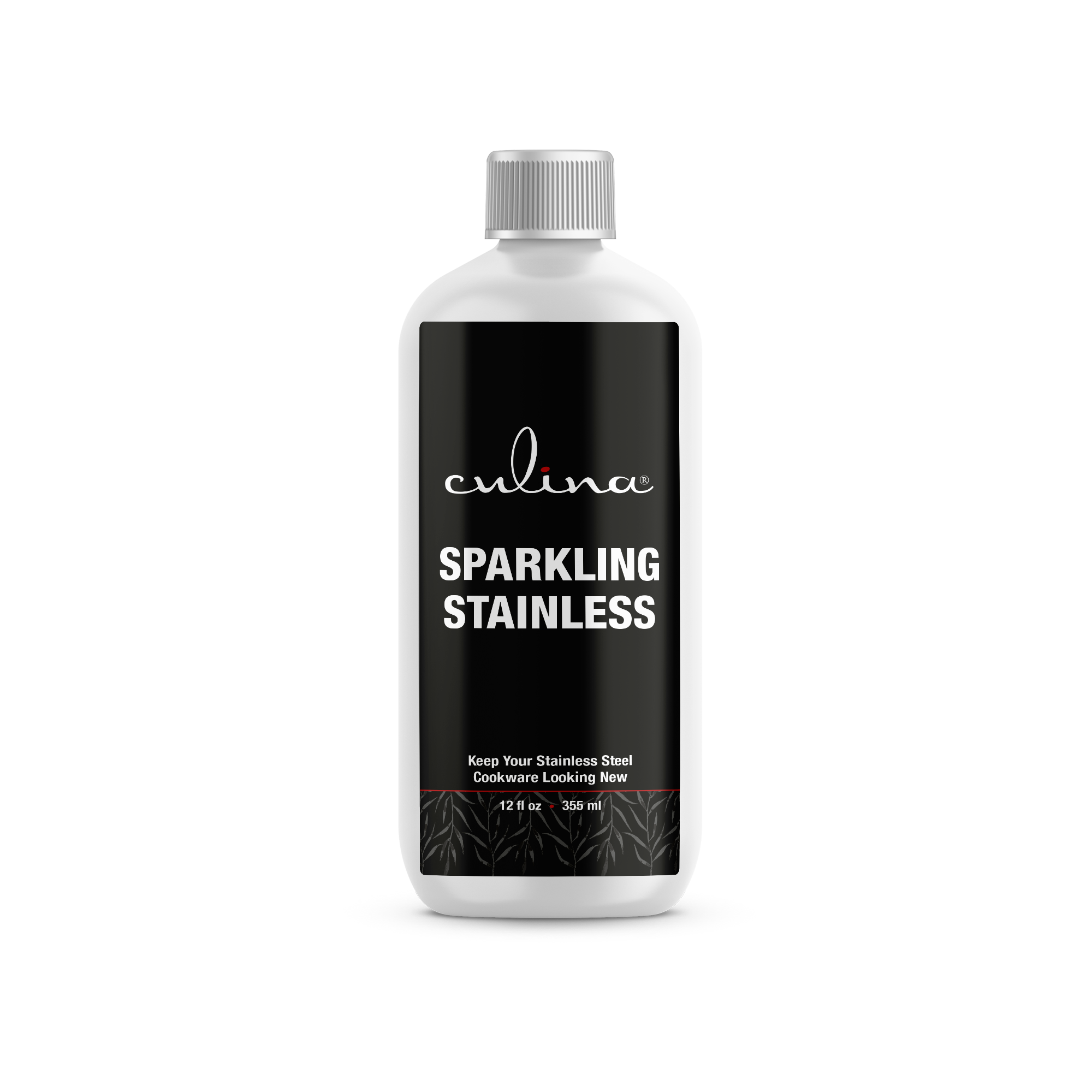
The Importance of Non Reactive Cookware
Non reactive cookware is a staple in many kitchens for a variety of reasons. Primarily, its ability to ensure the integrity of your dishesespecially those that require the use of acidic ingredients like tomatoes or citruscannot be overstated.
Using a reactive material, such as aluminum or cast iron, can result in altered flavors and discoloration. For professionals who value flavor precision, this is critical. And that brings us to a fundamental question: what is a non reactive saucepan? It's a pot that wont interact with the ingredients. Typically, non reactive saucepans are made from materials like stainless steel or glass, which do not tarnish in response to acidic ingredients.
Types of Non Reactive Saucepans
Understanding your options will help you make informed decisions about your cookware. Here are some common types of non reactive saucepans:
- Stainless Steel: The most popular material known for its durability and non reactivity. Its perfect for cooking sauces, soups, and more.
- Glass: Ideal for slow-cooking or baking, glass is non reactive and perfect for acidic foods.
- Ceramic: Often used for its aesthetic appeal, as well as its non reactive properties.
- Enamel Coated Cast Iron: While cast iron is reactive, the enamel coating creates a non reactive surface.
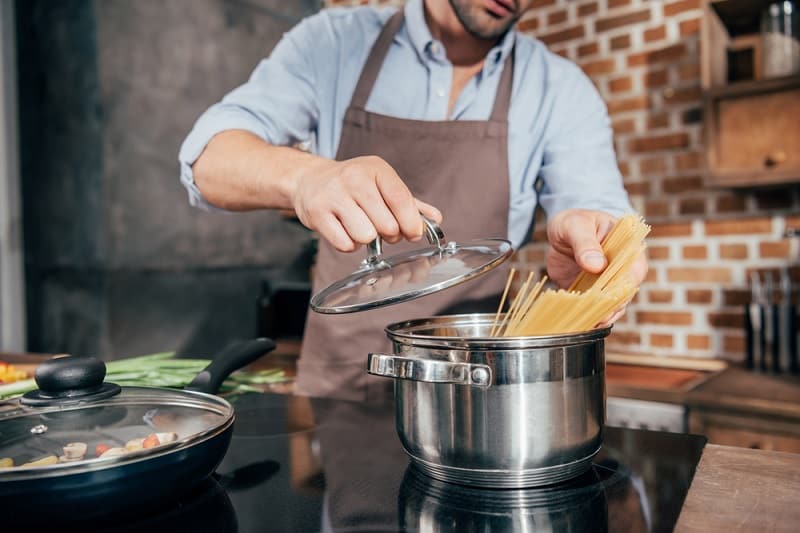
Benefits of Using a Non Reactive Saucepan
Using a non reactive saucepan offers several benefits that every kitchen professional should be aware of:
- Flavor Preservation: Maintain the intended taste of your dishes without interference from the cookware.
- Health Safety: Prevent harmful metals from leaching into your food, which is often a concern with reactive materials.
- Versatility: Can be used for a wide range of cooking methods, from simmering to boiling.
- Durability: Many non reactive materials are resistant to rust and corrosion, ensuring longevity in the kitchen.
How to Choose the Right Non Reactive Saucepan
When selecting a non reactive saucepan, consider the following factors:
- Size: Understand the volume of food you usually prepare. Size Matters.
- Material: Choose a material that fits your cooking style. Each material has unique characteristics that affect cooking performance.
- Handle Comfort: Make sure the saucepan is easy to handle, especially when filled with heavy contents.
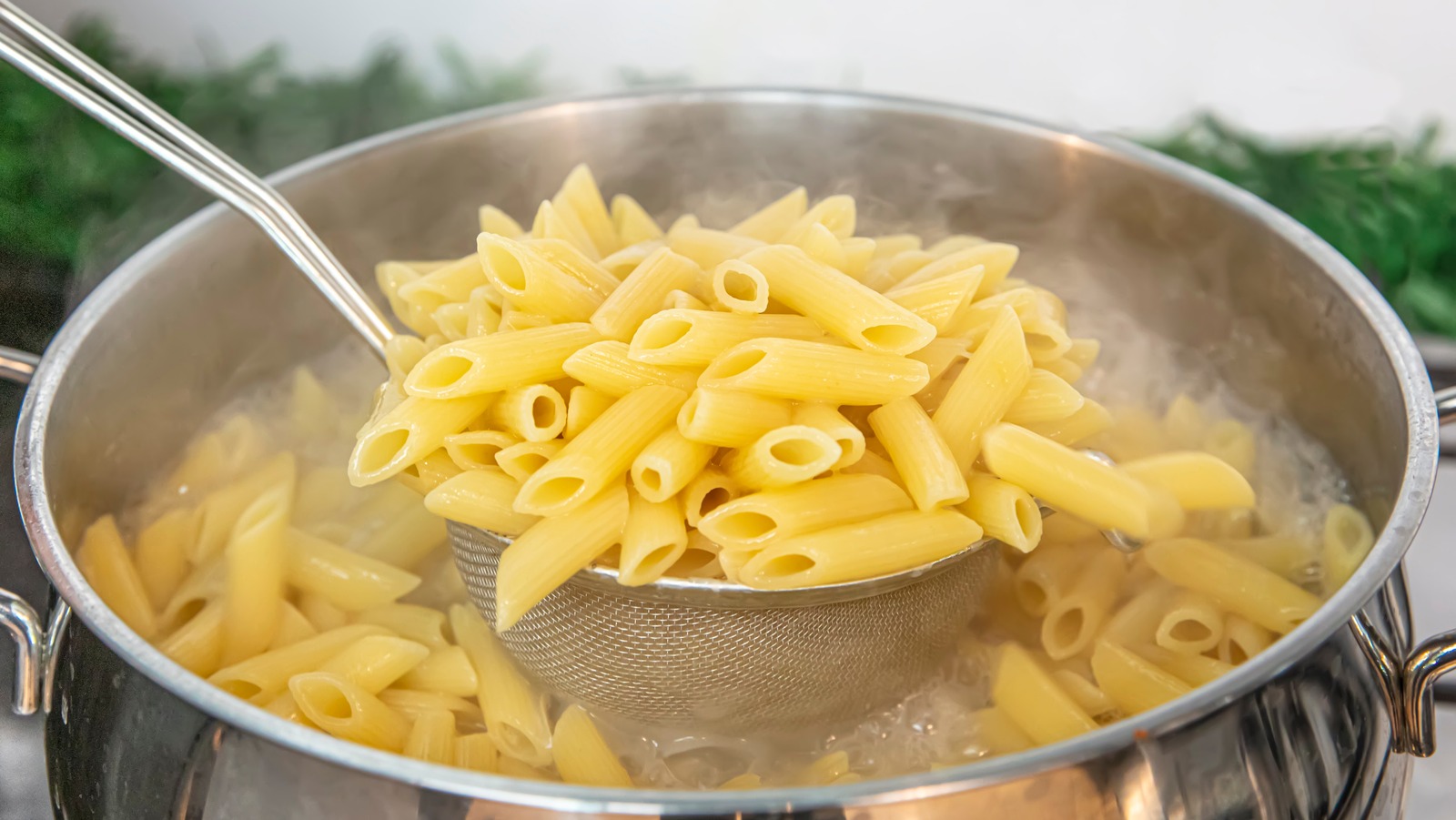
Common Uses for a Non Reactive Saucepan
Non reactive saucepans are incredibly versatile in the professional kitchen. Here are some common scenarios where they shine:
- Sauces: Perfect for making sauces with acidic ingredients since they wont alter the flavor.
- Braising: Ideal for slow-cooking meat dishes to ensure incredible flavor without metallic taste.
- Cooking Grains: Can be used to boil rice or quinoa without the risk of reactions.
Maintaining Your Non Reactive Saucepan
To ensure the longevity of your non reactive saucepan, follow these maintenance tips:
- Cleaning: Wash with gentle soap and water. Avoid abrasive scrubbing pads that can damage the surface.
- Storage: Store in a dry area to prevent any moisture build-up which could alter the integrity of the material.
- Regular Checks: Periodically inspect for any signs of wear or damage.

Conclusion
In summary, understanding what is a non reactive saucepan is essential for any professional chef aiming to deliver the best flavors in their dishes. By choosing the right non reactive options, chefs can ensure the integrity of their culinary creations and enhance meal quality. Investing in quality cookware can take your cooking to a higher level.
If youre interested in further exploring about cookware, check out this great resource on Saucepans.
Frequently Asked Questions
- Q: Can I use non reactive saucepans for all types of cooking?
- A: Yes, they are versatile and can be used for a variety of cooking methods.
- Q: Are non reactive saucepans dishwasher safe?
- A: Most stainless steel and glass options are dishwasher safe, but always check manufacturer guidelines.
- Q: What types of foods should I not cook in non reactive saucepans?
- A: You can cook a range of foods, but highly abrasive foods can scratch certain surfaces.
As an Amazon Associate, I earn from qualifying purchases.

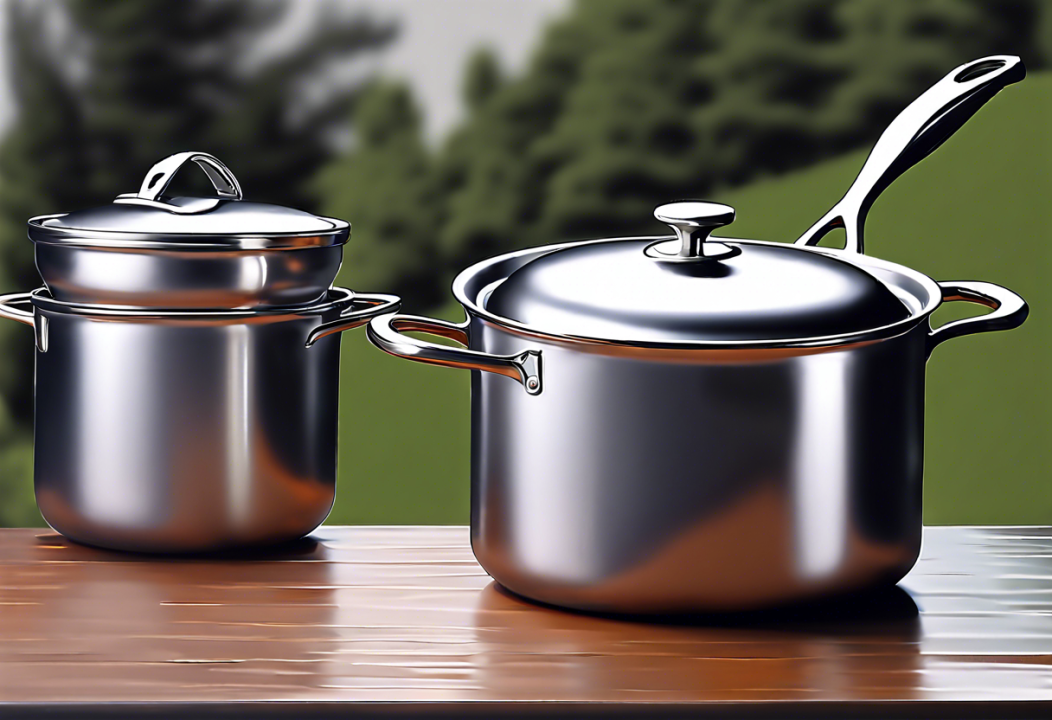


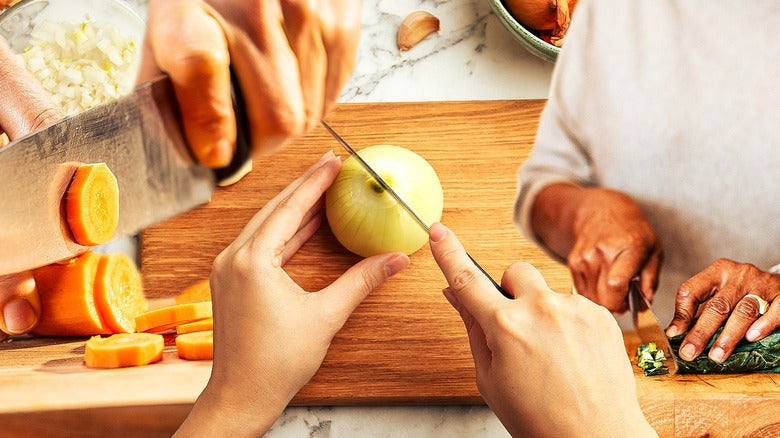
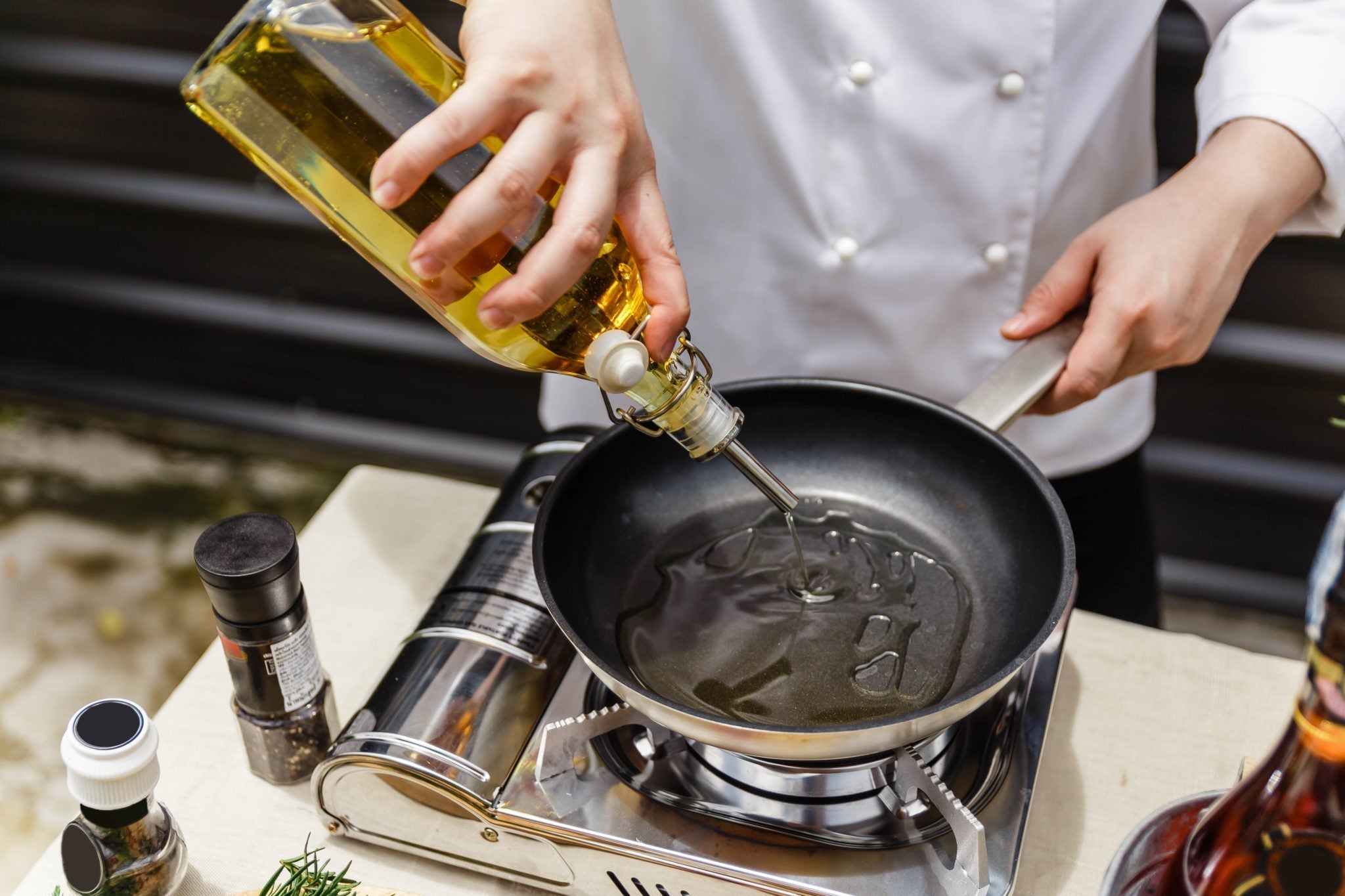
Leave a comment
This site is protected by hCaptcha and the hCaptcha Privacy Policy and Terms of Service apply.